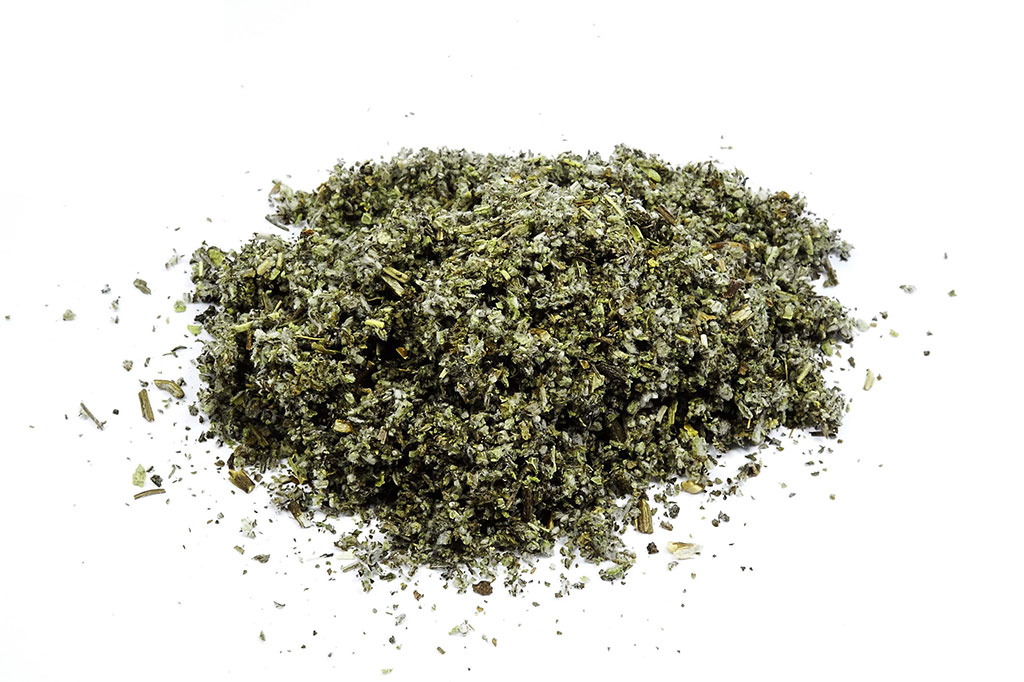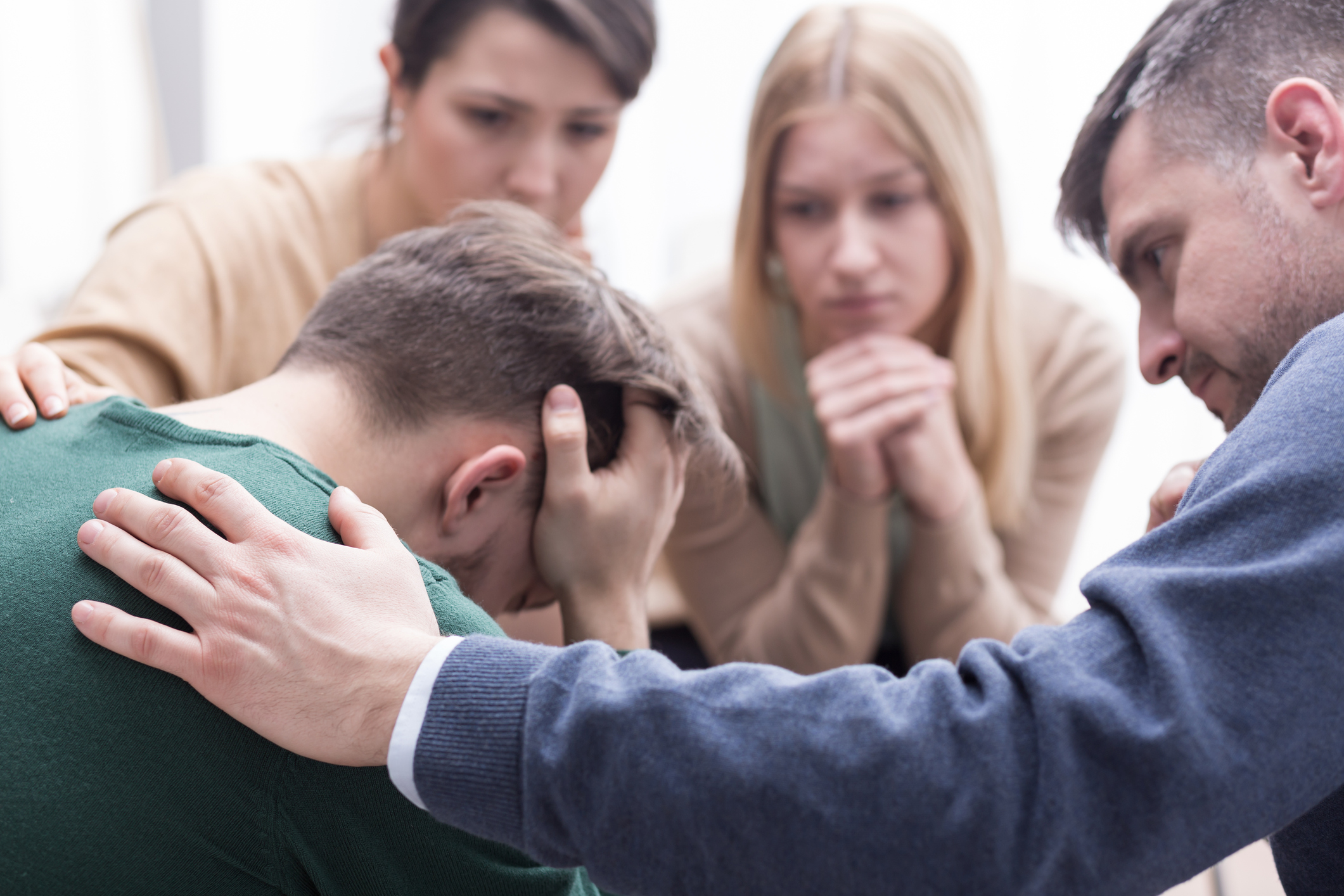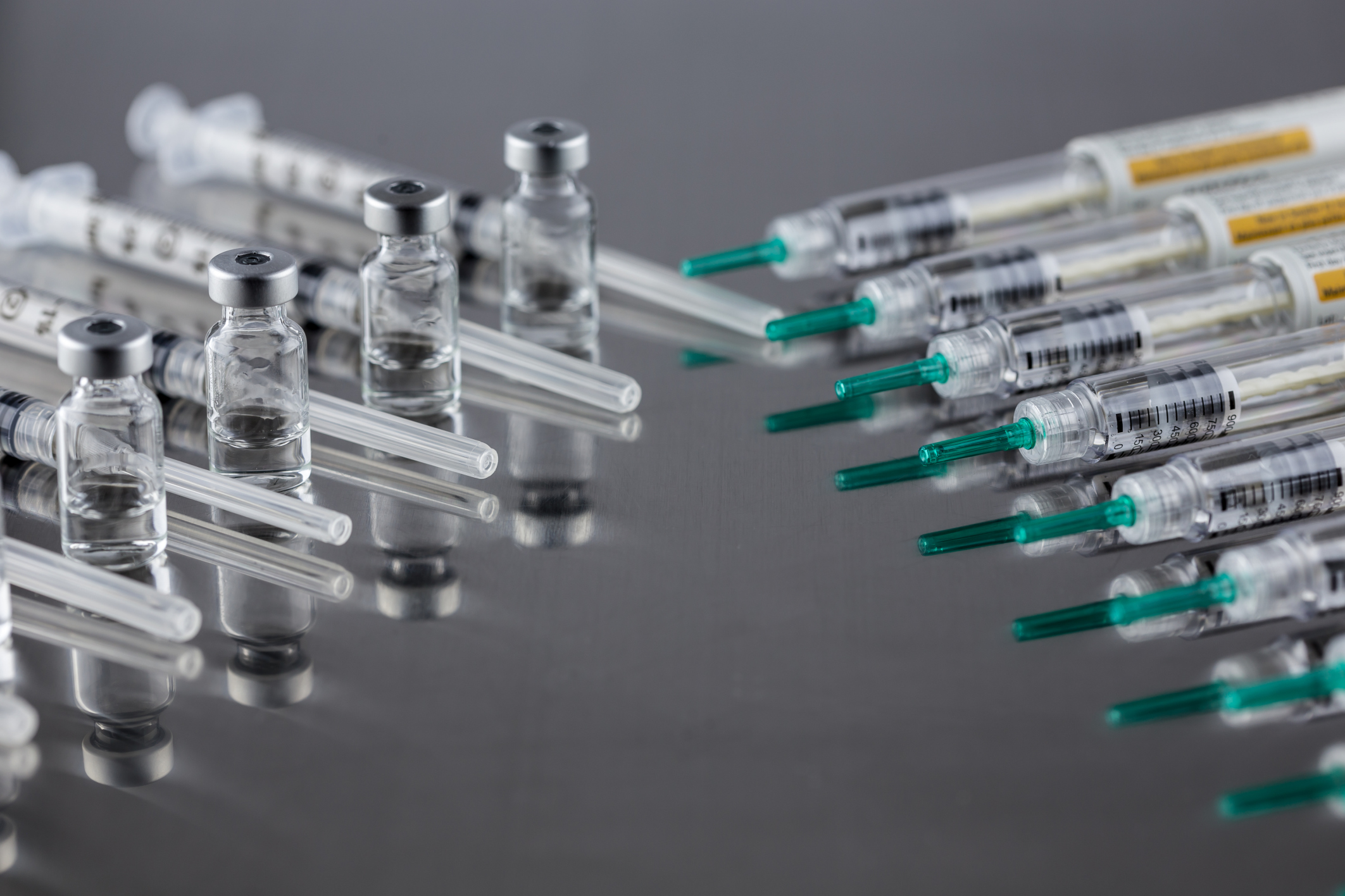
Am I An Alcoholic? How To Determine If You Need Help
March 19, 2018
How Weather Affects Addiction
March 26, 2018Your inner desire to help your loved ones is a noble instinct. Parents want to do everything possible to help their child succeed in their education. Spouses like to help each other work through problems that are difficult. Friends strive to help one another deal with personal relationships. What’s important to know is that even the genuine, well-meaning impulses to help another person can often backfire when addiction is involved.
It is important to ask yourself, “Am I doing more harm than good?” If your honest answer is yes, then there is a chance that you enable addiction and bad behaviors more than you empower the addict to seek help.
Our admissions coordinators are available 24/7 to answer any questions you may have as you consider whether treatment at Clearbrook Treatment Center is right for you or your loved one.
Empower vs. Enable
Interestingly enough, the definition for empower is, “give (someone) the authority or power to do something” while the definition for enable is, “give (someone or something) the authority or means to do something.” Sound familiar?
That’s because the term enable and the meaning of empower are essentially the same. Lending a hand to help another accomplish something that they couldn’t do alone takes on various meanings depending on the situation.
In addition, this empowerment or enabling adds to the problem instead of solving anything. For example, allowing a child to stay home because they didn’t study for a test is enabling them to be irresponsible. The spouse who covers up for her hung-over husband is enabling him to continue abusing alcohol. A friend who gives money to the addict so they don’t steal is enabling addiction.
Codependent
A person who continues to enable bad behavior in another is often classified as codependent. This word may seem harsh, but there’s a reason for this terminology. A person who enables becomes dependent on getting their self-worth from their ability to “help” another. The enabler’s ability combined with a willingness to aid another is often done in inappropriate ways.
The “help” they offer to another usually helps the enabler to feel more in control, while everything around them appears to be unmanageable.
The reality to this is that enabling doesn’t solve anything; instead, it causes additional harm and often makes the situation worse.
When you solve the problems of an addict, you take away any motivation they might have to take responsibility for themselves. Without this motivation, there is virtually no reason for them to change. They can continue to rely on you to deal with their issues while they get further into trouble.
The tricky part is that there is a fine line between actually helping someone and enabling them. For example, allowing your teenager to ignore their chores so they can study for finals is a helpful action. Ignoring the behavior of your teenager when they use drugs, drink, bully others or are violent is not helping. Making the excuses that it’s “just their age” and “everyone goes through it” is not going to help them change their behavior.
Enabling another person shields them from feeling the consequences and the full impact of what they’ve done.
The Behavior of an Enabler
Let’s take a peek at the behavior of an enabler.
- Protects addict from the consequences that naturally occur as a result of their behavior.
- Keeps the secrets of what happens as a result of the addict’s behavior. This could be to friends, teachers, employers, other family members and legal authorities.
- Then, they make excuses for the behavior they are covering up. This is also with friends, teachers, employers, other family members and legal authorities.
- Bails out the addict when they are in trouble. This includes paying off debts, hiring lawyers and providing jobs.
- Blames other people for the behaviors of the addict. This could be friends, employers, teachers, other family members and themselves.
- Blames the issue on other things such as adolescence, mental illnesses, shyness, loneliness or a broken home.
- Avoids being around the addict in an effort to keep the peace. The common saying, “out of sight, out of mind” is a common thought.
- Giving money that isn’t earned or deserved.
- Attempting to control things that you can’t control. This includes finding jobs for the addict, planning activities and choosing friends.
- Making threats that aren’t consistent with lack of follow-through.
- Takes care of the addict the way they should be doing for themselves. Feeding them, washing their clothes, cleaning up their house, etc.
Do you see yourself on this list? Is it possible that you enable addictive behaviors and choices? If so, you don’t need to be discouraged. Recognizing that you have a problem is the first step to reclaiming your life and helping the addict get on the path to recovery.
If You Have a Loved One that is an Addict…
If you feel that someone you love is an addict, it is tempting to want to help them. The truth is, many of your actions will cause more harm, so you must be careful.
Here are some things you could do:
- Maintain a proper balance in your life and care for yourself.
- Look for a rehab program that could help your loved one.
- Offer to be emotionally available to listen to your loved one.
- Encourage them to follow through with addiction treatment.
- Avoid blaming other people or situations for what they’re going through.
Here are some things you shouldn’t do:
- Expect that you can change their behavior or cause them to quit using just because you’ve asked
- Pick a rehab program without a solid track record of helping other addicts
- Allow the addict to physically or mentally abuse you.
- Have expectations that your loved one will go to rehab just because you’ve found one.
- Assume that going to rehab is going to make everything better in the life of an addict. Recovery is a life-long process that takes time.
Maybe you’ve just realized that you’ve done a lot of the things on the “don’t do” list. That’s okay! You may also see that you’ve neglected to follow through with the “to-do” list. Don’t beat yourself up over what’s happened up to this point. Now that these actions have been brought to your attention, you have the power to do something different. Recognize the danger and change your path.
Getting Help
Just like with the addict, there is help out there for you. Whether you choose to attend Al-Anon meetings or you find a treatment team for yourself, there is hope. Addicts are not capable of learning from their mistakes if they are always protected. Detaching from them with love means that you care enough to allow them to grow and change. It also means that you can be responsible for your own well-being and stop controlling the lives of others.
In the end, you are powerless to control anyone else. Most people who love an addict try to change them for a long time, and it never works. You aren’t the first to think you’ll make a difference. It’s possible to love and care for them without trying to control the situation. We will never be able to stop other people from doing what they choose to do.
When we understand this, we can firmly detach with love and plant seeds of recovery with them. Refuse to enable the addict any longer and then they can see the consequences that naturally occur from their behavior.
Get a Free Insurance Verification Today!
"*" indicates required fields
Contact Clearbrook Today
If you or a loved one is currently struggling with alcoholism or drug addiction, help is available.
For 45 years, Clearbrook Treatment Centers has been providing effective treatment solutions for the chemically dependent person. If you are the loved one of an addict, there is help for you as well. At our Family Educational Program, you will have the opportunity to begin your own healing process, while learning how to help the addict in your life.
If you are ready to make a change, please allow us to show you the way. Contact our Admissions Specialists today, and get on the road to recovery.







